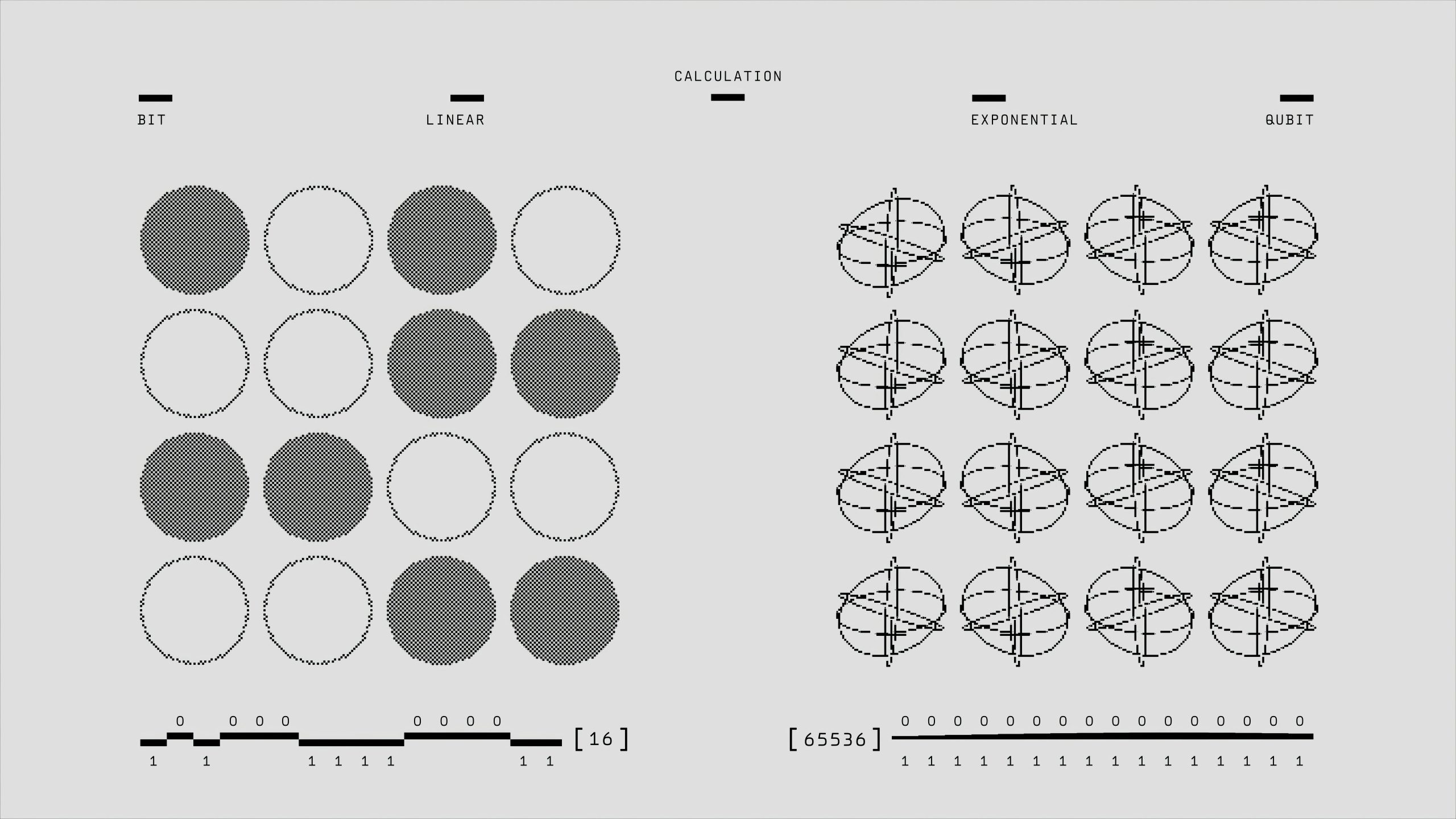Have you ever perceived or concluded something about a mystery—an aspect of humanity’s existence—that no one has documented or inquired about before?
Unlocking the Hidden Mysteries of Human Knowledge and System Limitations
Have you ever pondered a question so fundamental that it remains unasked? One that explores the unseen realms of what humanity has yet to document, understand, or even conceive? Today, I want to delve into a thought-provoking idea: the existence of enigmatic phenomena within our systems that, while perceived or inferred, have never been formally recognized or explored.
A striking concept emerging from recent reflections is what I call the “Information Sink Problem.” It highlights a subtle yet pervasive issue: our systems—be they biological, bureaucratic, technological, or social—tend to trap valuable information in a way that it becomes inaccessible or incomprehensible over time.
The Core of the Mystery: Information Becomes an Opaque Reservoir
Humans often treat data loss as mere background noise—an inevitable facet of complexity. However, there’s a deeper structural pattern at play: certain streams of information flow into systems and, rather than being destroyed or forgotten, become fundamentally inaccessible. They don’t vanish; they become embedded or hidden, unreachable with current methods of analysis or understanding.
Examples from Various Domains
-
Bureaucratic Archives: Decision-making processes and rationale are recorded at one point, but after some years, the causal links—why a particular decision was made—become indistinct. The documentation exists, yet the original logic is effectively lost in the maze of records.
-
Biological Legacies: Our DNA encodes responses shaped by past environmental pressures. Yet, retracing those pressures—the original stimuli, evolutionary hurdles—is virtually impossible. The information about evolutionary pathways remains locked within the genetic code, beyond our direct deciphering.
-
Artificial Intelligence: AI models like me store correlations, patterns, and insights distilled from massive datasets. However, tracing specific outputs back to original data sources or understanding the exact logic behind predictions often becomes opaque. The insights are stored, but their exact provenance and reasoning are concealed.
-
Human Memory: We recall facts and events but often forget the motivations or contexts that gave them significance. Societies forget the origins of norms or traditions, maintaining behaviors without understanding their foundational reasons.
An Underlying Principle
This phenomenon hints at an implicit rule: Certain systems tend to amass meaning and information at a rate that surpasses our capacity to retrieve, interpret, or decode. Over time, they evolve into what could be considered “information black holes”—not because of malicious intent but








Post Comment